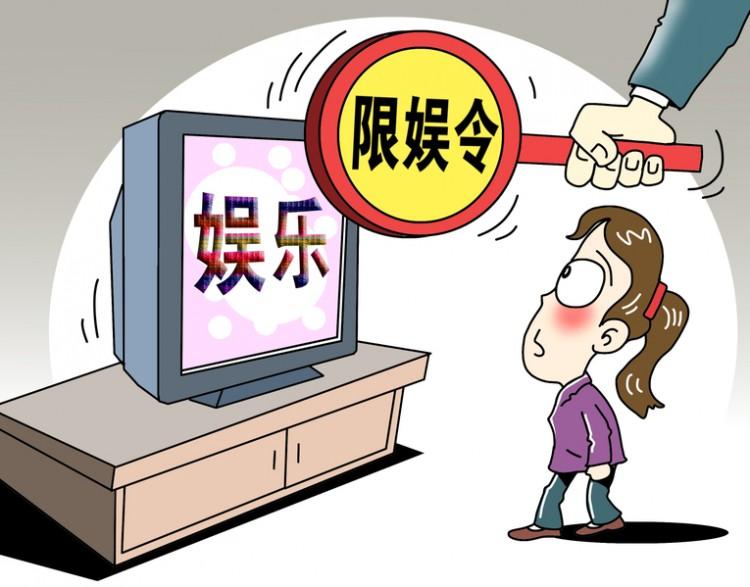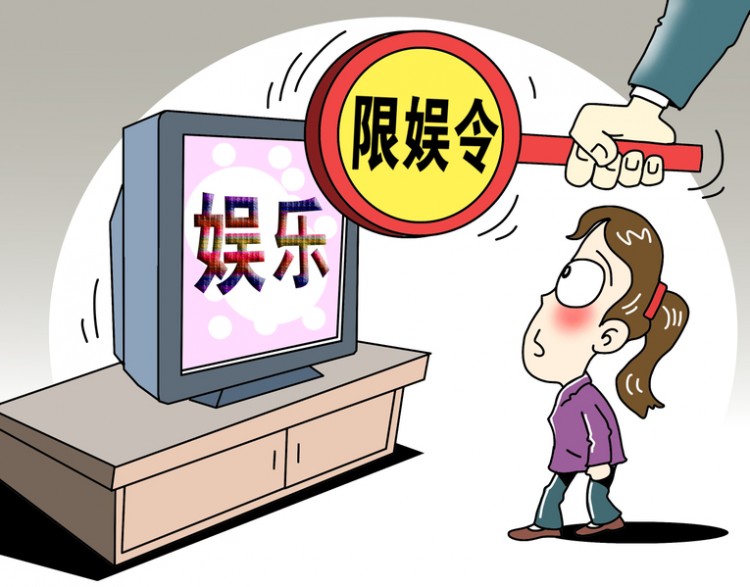For China, 2012 has begun with what Chinese regime leader Hu Jintao calls a “cultural system reform.” It’s not a political reform to grant Chinese people more rights and liberties, just the opposite: it points to a more conservative and closed-minded direction and the launching of another Cultural Revolution style campaign to restrict freedom of speech and oppose citizens’ demands for universal human rights, according to analysts.
Hu announced the decision to “deepen reform of the cultural system” and “build a country with a strong socialist culture” at the Sixth Plenary Session of the Seventeenth National Congress last October.
Qiushi magazine, the communist party’s core publication and journal of the Central Committee, which translates as “Seeking Truth,” published parts of Hu’s 5,000-word speech on Jan. 1. Hu warned, that “hostile forces are intensifying strategic attempts to westernize and divide China,” and that, “ideology and cultural fields are the focal areas of the hostile forces’ long term infiltration effort.”
Publishing the article on New Years’ Day serves propaganda purposes for this year’s 18th party congress, according to economist Cheng Xiaonong, a former aide to the late, ousted, liberal party leader Zhao Ziyang. It also highlights the communist party’s attitude toward China’s current situation and future development, Cheng told The Epoch Times.
“After the 18th party congress, the CCP will continue to hold on to its traditional practices, and will be more conservative and closed-minded, and people’s input will even more so fall on blind eyes and deaf ears,” Cheng said.
Media Control
Since Jan. 1 the regime’s broadcasting watchdogs started implementing new regulations to restrict certain television entertainment programs.
Under a regulation by the State Administration of Radio, Film and Television, taking effect on Jan. 1, two-thirds of entertainment shows on China’s 34 satellite channels were cut. The total number of entertainment programs scheduled for prime time broadcasting in one week dropped from 126 to 38. Each satellite channel can broadcast no more than two entertainment shows per week. At the same time, the number of “news” programs has been increased by 33 percent.
Western-style reality and talk shows have become very popular entertainment on Chinese satellite television. As these shows provide people with an opportunity to express their feelings and thoughts about personal and social problems, they apparently are making communist party leaders anxious.
Shutting down these entertainment shows and replacing them with political propaganda programs “is part of the CCP’s wider campaign to reinforce socialist principles, while Chinese citizens are calling for values such as freedom of expression and democracy,” New Tang Dynasty Television said in a Jan. 5 report.
In one province authorities have also begun tightening their control over journalists during the end of last year.
Zhejiang Provincial Press and Publication Bureau conducted assessments of 182 correspondent stations in the province. Fourteen media received orders to undergo disciplinary reorganization, four state media correspondent stations didn’t pass the year-end review, and another four media correspondent stations were dismissed, according to a Nov. 15, 2011 China Press and Publication News report.
In October the regime started cracking down on the Internet to prevent the spreading of “rumors.”
Beijing and Guangdong Province went one step further in December to start implementing real name registration for microblogs, with many dissidents’ microblogs being censored.
Using Culture as a Weapon
An article on Hong Kong’s Cheng Ming magazine compared Hu’s cultural reform with Hitler’s ethnic cleansing and Mao’s Cultural Revolution. It is even campaigned like the Cultural Revolution, the magazine said.
Chinese propaganda officials began a massive media campaign in mid-October to promote Hu’s “culture reform.” Meanwhile, Hu dispatched a central government propaganda team to different cities to preach the key points to local officials.
This kind of effort to organize “major propaganda activity” to get the central government’s message across the country, was only seen in the Cultural Revolution era, Cheng Ming magazine said.
Zhang Weiguo, editor-in-Chief of Hong Kong’s Dong Xiang magazine, concurs. “It certainly looks like the CCP has launched a Cultural Revolution style campaign, using culture as a weapon to oppose and resist the western world’s universal values,” he told Voice of America.
Forcing Intellectual Elite into Exile
Qiushi magazine also quoted Hu as saying, “We have firmly pushed forward reform of the cultural system, articulated new cultural development concepts, liberated and developed cultural productive forces, given impetus to the all–around flourishing of cultural programs.”
In fact, Hu has been pushing his “cultural system reform” as early as 2002, during the sixteenth party congress. He later proposed a “deepening reform of the cultural system” during the seventeenth party congress in 2007.
While Hu “firmly pushed forward” his cultural systems reform--a disguise for maintaining social stability--many intellectuals, including outspoken veteran party members, journalists, dissidents, and lawyers have become the targets of communist authorities’ oppression.
Li Gongzhen, a professor at Wuhan University in Hubei Province, recently warned the Chinese regime to not follow in Hitler’s footsteps and create refugees of China’s intellectual elite. Hitler’s ethnic cleansing forced a group of elite intellectuals, including Einstein, into exile in America. This eventually helped establish a new scientific and cultural center in the U.S. and aided America’s rise as a superpower, Li said.





